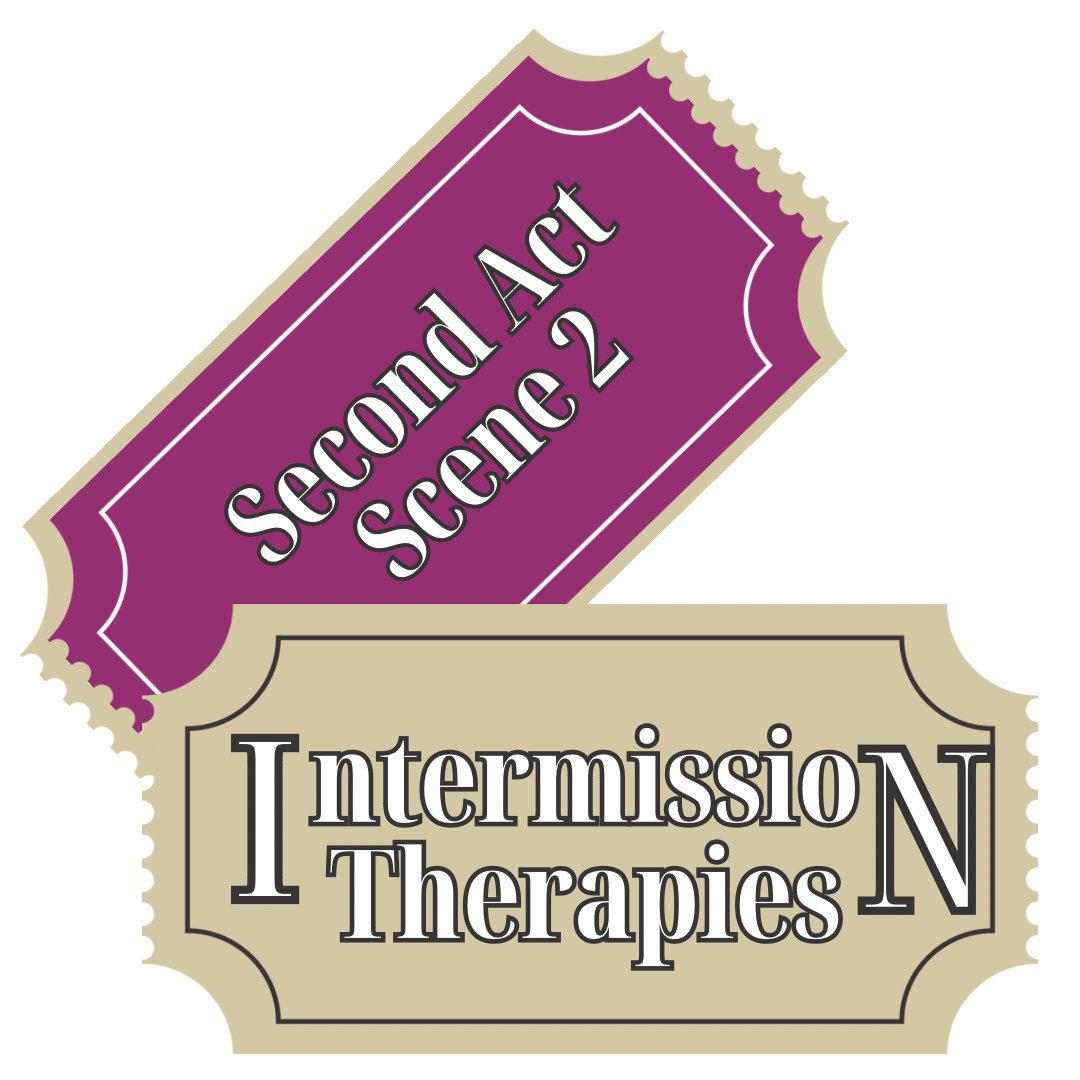FAQs
How do I prepare for a therapy session?
We at Intermission Therapies sincerely want you to have an informed and empowering experience as we seek to serve you. Research shows that from the moment you pick up the telephone to make an appointment, changes begin. You will want to make the most of the therapeutic process from the initial meeting through the final appointment. Think about that first appointment and write down your questions, no matter how insignificant they may seem. In particular, write down the concerns that go through your mind when you are feeling bad, sad, or mad.
Why does therapy work?
Your therapist is likely a person you have never before met. The secret to the therapeutic process relates to a professional exchange of services. The session is all about you. You need not worry that you will overwhelm your therapist. It is the therapist’s responsibility to do good self-care. You can expect the therapist to be prepared to walk with you on the therapeutic journey.
What if I am afraid to start therapy?
Be as honest as possible with yourself and your therapist. You are not at the session to impress anyone. In truth, therapists are impressed at the courage you exert to make your first appointment. They will be sensitive to your fear of vulnerability and transparency. Here there is no judgment. You are accepted for exactly who you are. In subsequent sessions, you will assist in deciding what issue is are the priorities. Do not hesitate to ask questions during this discernment process.
How often frequently will I need to schedule an appointment?
The active treatment phase is usually a minimum of once a week. With further development of skills and new thinking patterns, there may be more time between appointments. If therapy is too infrequent, sessions focus on catching up, not in actively improving skills for the future. You and your therapist will have to determine this balance. Each appointment is an investment in you, your hopes, your goals, and your growth.
How will I know when therapy should end?
If this question comes to mind, please discuss it immediately with your therapist. Too often people feel awkward about bringing up the question, and they simply “disappear” from the therapeutic relationship without closure. You are always the executive of the therapeutic process. The process of closure to the therapeutic relationship is as important as the closure process in any other relationship. Just as with each session, the closure phase provides practice of a very important life skill.
How do I maximize my insurance benefits?
Contact your insurance provider before you begin treatment and get clarity about your specific coverage. Be aware of the number of sessions available to you, any copays and/or deductibles, and plan accordingly. If you have specific questions please email our business office at [email protected]. Ask for Jessica.
Is therapy worth the cost?
If you or a family member desperately needs therapy, the costs involved are as important as costs associated with education and other life essentials. Don’t put yourself in a regretful position where you find yourself saying, “…if only…”!


